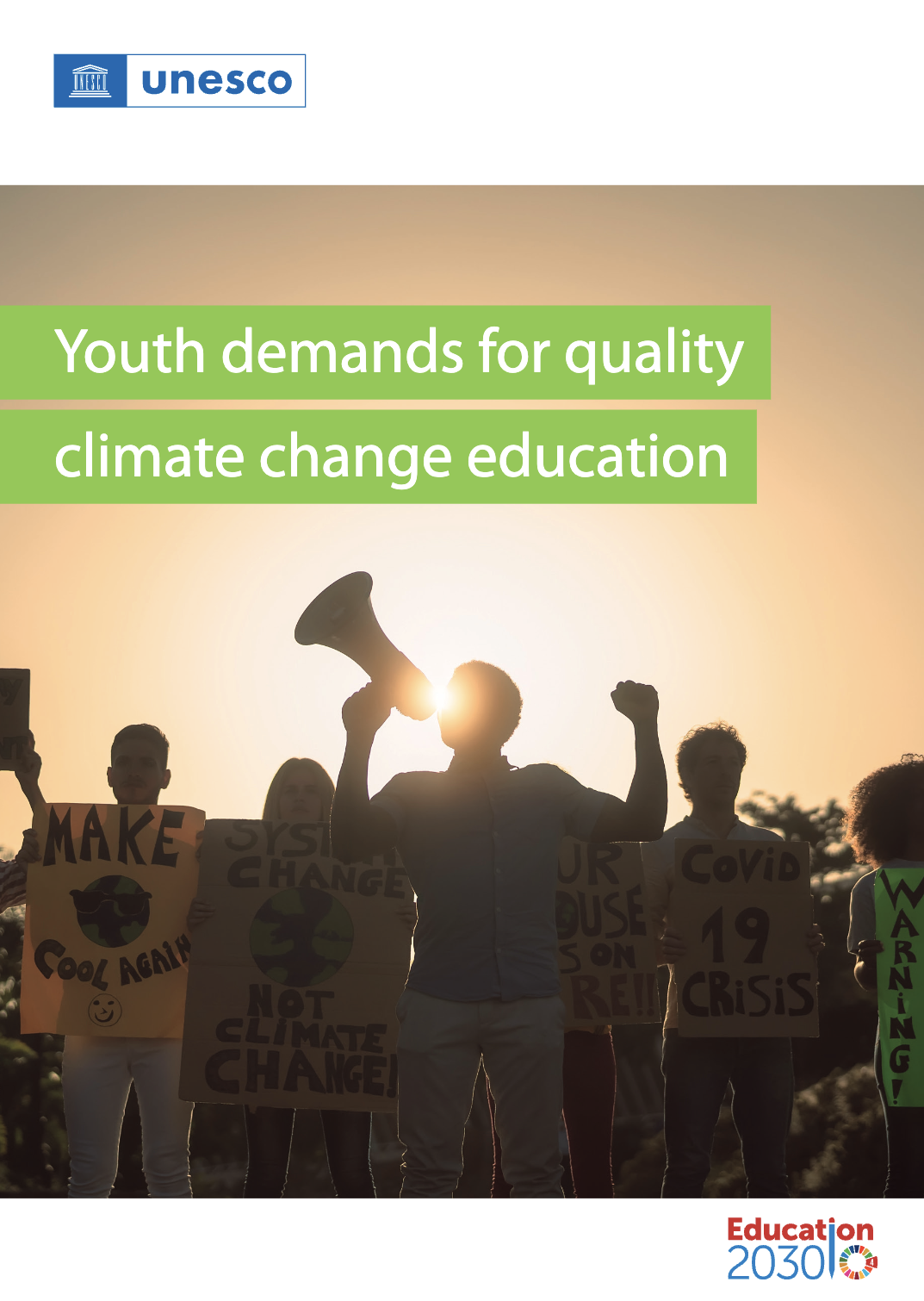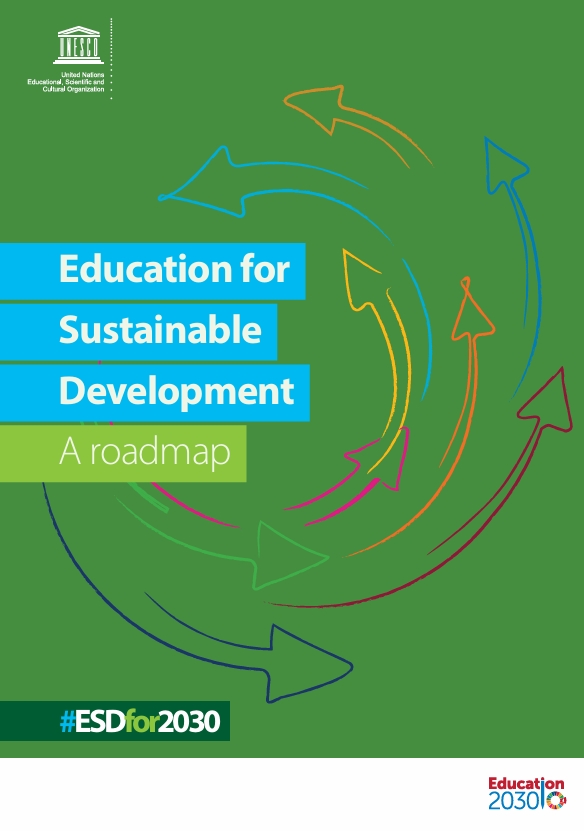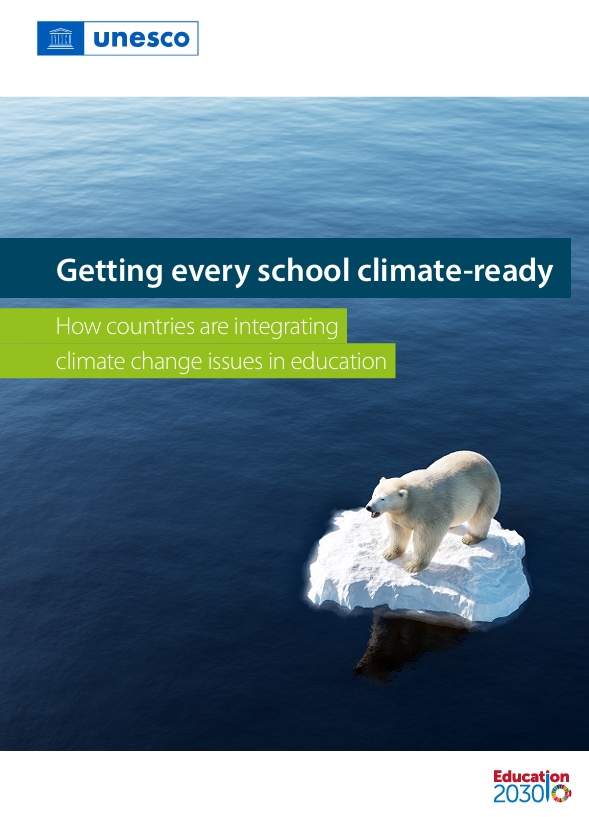Key Findings
● The quality of the current climate change education is in question. Seventy per cent of the youth surveyed say that they cannot explain climate change, or can only explain its broad principles, or do not know anything about it, putting into question the quality of climate change education in our schools today.
● The younger the respondents, the higher the level of satisfaction of their learning experiences on climate change education.
● Girls have less confidence in dealing with climate change based on what they learnt in school compared to boys.
Youth Demands
● Climate change education that helps them to understand, to take better action on climate change and to recognize the human place within nature.
● Diverse aspects of climate change taught across subjects in an interdisciplinary manner to address complexity and interlinkages.
● Learner-centred, experiential and reflective ways of learning making climate change education more fun, solutions-based and action-oriented.
● That their teachers are well supported to become ready to teach climate change. They are concerned that teachers are not confident enough and have limited resources to teach about climate change.
● That schools be important learning spaces for climate change.
● More say in decision-making on climate change action in school.
● Contextualized climate change education through engagement with the local community.
● Specificities of their geographic and demographic contexts be addressed. Youth coming from Small Island Developing States (SIDS) and Least Developed Countries (LDCs) in particular demand more climate change education than is currently offered.
Read the full report on the UNESDOC website.






